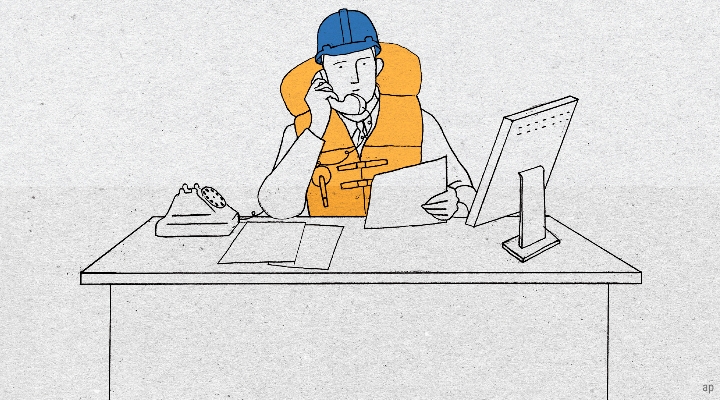
I’m sure I’m not alone in saying I find Christmas stressful. I am even more sure I'm not alone in saying that one of the most stressful things about Christmas is the process of buying, transporting, and giving gifts. There is so much to do.
This year I decided to make a change to help myself through it, and initially it involved starting early. It wasn’t much. I made a big list of gift ideas, and mapped out all the important people I wanted to buy gifts for.
Big or small, weird or funny, conventional or otherwise, I put every possible idea in a note on my phone. Nothing was off the table, and I tried to be disciplined. The moment I saw something or had an idea, it went in the note so I didn’t forget. Doing this did help to stem the flow of anxiety about being bereft of inspiration.
By the end of November, I had a pretty solid sense of what I might gift to my loved ones. But I’ve learned something else in the process.
What a Waste
I love the idea of gift-giving at Christmas, but I hate the waste. Around 66% of people reportedly admit to buying far too much food, and then putting it in the bin. Around two million kilograms of cheese is disposed of needlessly in just a few days, which in my mind is a veritable crime ("that is a DISGRACE" as some ambitious politican once said). And then there’s the plastic, all 125,000 tonnes of it. Why do we do this?
I don’t know the answer precisely, but I know there is a lot of pressure. Advertising naturally plays its part in that, as big retail brands have an obvious incentive to get us to buy – and give – their products.
For those living on (or under) the breadline this Christmas, the anxiety and shame will be very painful, particularly when the kids wonder why Santa hasn’t been so generous. That’s pretty heartbreaking for parents who just need a break.
If you're on a budget this year, it's OK to agree your budgets (see here on the "Christmas pre-nup"). I promise you it's no less magical, and it takes away some of the pressure to spend more and more, amid a feeling of just not doing – or being – enough.
This year I’ve realised just how powerful my biases are. Don’t get me wrong, I’ve bought new stuff for my loved ones, and thought carefully about what shiny things they will most appreciate. But I’ve also tried to go second-hand too.
Britain’s charity shops are currently brimming – really brimming – with absolutely lovely stuff, some of it brand new. There's clothing and accessories, and crockery and quaint little bits and bobs that make for great stocking fillers. And if the shirt don't fit or the choice ain't good, at the very least you've donated to charity.
The Magic Word
As easy as this sounds, though, it’s not been easy at all. Every time I’ve been in a British Heart Foundation shop and found something really nice, my brain has intervened. "But it’s not new." "But it’s not the best." "But the box is a bit scuffed." God forbid I buy something that was a little bit broken, fix or repaint it, and pass it on with love. We really are obsessed with the idea that things are intact.
You’ll notice even this is a very limited outlook. I noticed that too. Everything I was thinking about involved things. Looking at things. Buying things.
I’ve found it helpful to remember that you don’t have to just give items. It so happens "gift-giving" is one of the five love languages, but there are others. Quality time (an activity or experience) and acts of service ("I’ll come and clean your house!") are just as viable gifts as any other.
Just because we feel the pressure to buy stuff doesn’t mean we have to bow to it. Likewise, it doesn’t have to be perfect. I’ve bought gifts for people that didn’t actually go down that well. It’s not the end of the world. Our inability to say so confuses me greatly!
At the end of it all, it would be nice to think our loved ones have had a nice time. But it shouldn’t all just stem from stuff we found in expensive shops in a mad panic. Some of it can be, for sure, but there are other ways to tell your loved ones how special they are to you. This year, I’m diversifying.
Ollie Smith is UK Editor at Morningstar
If you'd like to make a donation to charities supporting vulnerable people and families this Christmas, there are lots of options:
- The Book Trust's Christmas appeal will gift books to children in care;
- The Single Homeless Project helps people at risk of and experiencing homelessness;
- Christmas is a common time for pets to be abandoned, so you can support the RSPCA here and donate to ensure its work can continue;
- Samaritans helps people in distress all year round, but particularly at Christmas;
- Morningstar's two charity partners this year are NSPCC and Trussell Trust.










.jpg)


















